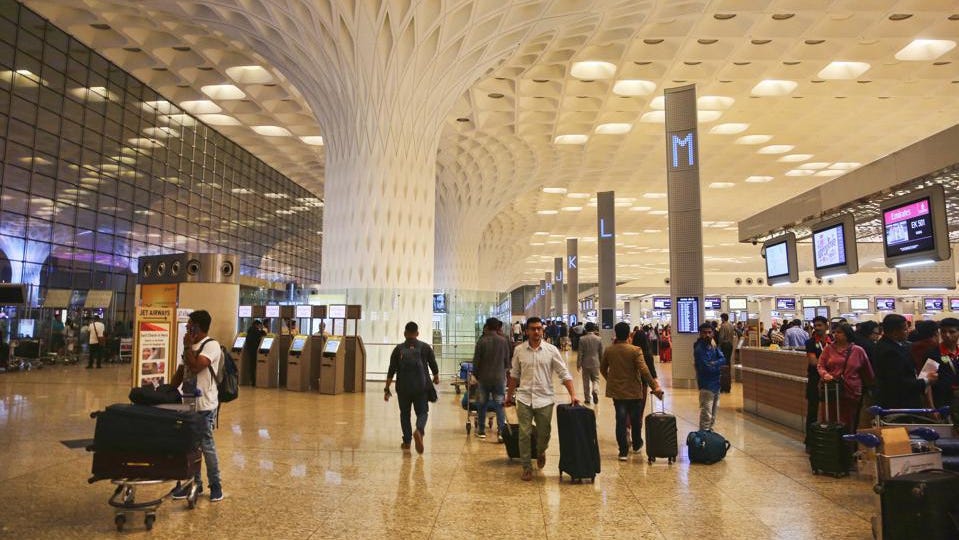If you’re visiting India, it’s important to be aware of the different diplomatic missions in the country. Each embassy has different requirements for visa holders, so it’s important to familiarize yourself with the embassy of your destination before travelling. Here are the 10 most important Indian embassies for Australian travellers: Embassies in India
- Australian Embassy, New Delhi
- Australian High Commission, Mumbai
- Australian Consulate-General, Calcutta
- Australian Embassy, Chennai
- Australian High Commission, Kolkata
- Australian Embassy, Ahmedabad
- Australian Embassy, Bangalore
- Australian Consulate-General, Hyderabad
- Australian Embassy Dar es Salaam
What are the 10 most important Indian embassies for Australian travellers?
The Australian Embassy in New Delhi is the most important embassy in India for Australian travellers. It is responsible for representing Australia’s interests in India and provides support to Australians living and travelling in the country. Indian Visa for Australians
Other important Indian embassies for Australian travellers include the Australian Embassy in Kolkata, the Australian Embassy in Mumbai, and the Australian Embassy in Bangalore. Each of these embassies has its own specific responsibilities and offers unique services to Australians travelling or living in India.
Some other important Indian embassies that are worth considering if you are travelling to India include the Australian Embassy in Islamabad, the Australian Embassy in Dhaka, and the Australian Embassy in Lucknow. All of these embassies offer a range of services including consular assistance, visa applications and passport services.
How to get an Indian visa?
If you are an Australian traveller looking to visit India, then your first port of call should be the Indian Embassy in Canberra. The Indian Embassy is responsible for issuing visas to Australians and can help you with all of your visa requirements. You will need a valid passport and visa application form (available from the Indian Embassy or online) along with supporting documents such as a letter of invitation from an approved tour operator or travel agency, proof of funds (bank statements, etc.), and your passport photo. The processing time for a visa may vary depending on the type of visa you are applying for, but is generally quick. Once you have completed the application process, take it to the local post office where it will be sent off to the Indian embassy for processing.
What are the requirements for a visa?
There are a few things that you need in order to obtain a visa for India. The most important thing is a valid passport. You will also need proof of your arrival in India, such as an onward ticket or hotel reservations. Finally, you will need to provide documentation supporting your application for the visa.
How long will it take to get a visa?
There is no set time frame for getting a visa to India, as the process can vary depending on your nationality and the type of visa you are applying for. However, in general it should only take a few days to process your application once you have all of the required documents. The most important embassies in India for Australian travellers are the Australian High Commission in New Delhi and the Australian consulate-general in Mumbai.
Can I apply for a multiple-entry visa?
Yes, you can apply for a multiple-entry visa to India. There are two types of visas you can apply for: a tourist visa and an employment visa. The tourist visa is valid for one month and allows you to stay in India for tourism purposes only. The employment visa is valid for three months and allows you to work in India. You will need to provide evidence of your qualifications and your employer’s identification document.
What are the cons of travelling to India without a visa?
There are a few potential cons of travelling to India without a visa. First and foremost, you won’t be able to visit some of the most popular tourist destinations in India, like Mumbai or Delhi. If you’re planning on travelling extensively throughout India, it’s also worth considering getting a visa beforehand. Secondly, if you do get caught without a visa, you could face some hefty fines and restrictions on your travel. And finally, if you encounter any problems while travelling in India – whether it’s getting lost, being sick or getting kidnapped – having no visa may make it difficult to obtain help from the authorities.
Conclusion
If you’re travelling to India and want to make the most of your time in the country, there are a few important embassies you should be aware of. These include the Australian High Commission in New Delhi, which is responsible for providing consular services to Australians living and travelling in India, as well as issuing visas; the Australian Embassy in Kolkata, which provides consular assistance for Australians living and travelling in West Bengal state; and the Australian Embassy in Mumbai, which covers Maharashtra state.

